If you’re planning to buy a condo with an FHA loan, one of the first steps is confirming whether the condo is FHA approved. FHA loans offer flexible credit requirements, competitive rates, and low down payments—but the condo project must meet specific FHA standards. Whether you’re exploring homes for sale in San Diego, CA, or browsing homes for sale in Chicago, IL, knowing how to verify FHA approval can help you move forward with confidence.
In this Redfin article, you’ll learn how to check a condo’s FHA approval status, key eligibility requirements, what to do if the condo isn’t approved, and how approval may impact your financing and closing timeline.
What it means for a condo to be FHA approved
Before you start checking approval status, it helps to understand what FHA approval actually covers.
An FHA-approved condo means the entire condominium project has been reviewed and accepted by the FHA. FHA approval applies to the whole project—not just the unit you’re buying.This protects lenders and borrowers by ensuring the condo property is:
- Financially stable (well-funded reserves, low delinquency rates)
- Properly insured (including hazard and sometimes flood insurance)
- Compliant with ownership and occupancy standards
Because FHA loans are government-backed, the agency requires these conditions to protect buyers and reduce default risk, ensuring the property is a safe, marketable investment.
Newly constructed or newly converted condo projects may have additional requirements, such as completion thresholds and minimum pre-sale percentages.
How to check if a condo is FHA approved (step-by-step)
You can verify FHA eligibility in a few ways:
1. Search the HUD FHA approved condo list
The U.S. Department of Housing and Urban Development (HUD) maintains a public database where you can search by:
- Condo name
- City, state, or ZIP code
- Condo ID (if known)
This is the most reliable source because it shows:
- Approval status
- Approval expiration date
- Notes on suspended or rejected status
2. Ask your real estate agent or lender
Experienced real estate agents and FHA-approved lenders often know which condo communities are eligible and can guide you through verification.
3. Contact the condo association or management company
They can confirm:
- Whether the project is approved
- Whether approval is expired or being renewed
- Whether a single-unit approval (spot approval) may be possible
If the approval recently expired, the HOA may already be working on renewal—ask whether an application is underway.
FHA condo approval requirements
To qualify, FHA reviews the condo project as a whole, including:
| FHA requirement | What it means |
| Commercial use limit | Commercial space must be 35% or less of total floor area |
| Owner-occupancy ratio | Generally, at least 50% of units owner-occupied |
| Single owner concentration | Typically, no single owner or entity can own more than 50% of the units (with some exceptions for smaller or newly converted projects) |
| HOA fee delinquency rate | No more than 15% of units are 60+ days delinquent |
| Reserve funding | HOA must have adequate reserves and a current budget |
| Insurance coverage | Includes hazard, liability, and flood (if applicable) |
What to do if the condo is not FHA approved
If the condo project doesn’t show up on the HUD list or it’s expired, you still have options:
1. Try for single-unit approval (spot approval)
FHA allows financing on individual units within certain non-approved condo projects if they meet specific criteria, including:
- Adequate reserves and insurance
- No FHA-restricted status
- No safety, structural, or financial red flags
- No litigation affecting marketability or safety
2. Ask the HOA to pursue full FHA approval
The association or management company might be willing to submit documentation to regain approval.
3. Consider alternative loan options
If FHA financing won’t work, alternatives include:
- Conventional loans
- VA loans (if eligible and condo is VA approved)
- USDA loans (for rural eligible areas)
- Portfolio loans from select lenders
>>Read: Types of Home Loans
Benefits of buying an FHA-approved condo
- Minimum 3.5% down payment
- More flexible credit score requirements
- Potentially easier resale since future FHA buyers can purchase
- Competitive interest rates and accessible qualification standards
Potential challenges
- Limited supply of FHA-approved condo projects
- HOAs may avoid approval due to cost and paperwork
- Closing timelines may be longer if issues surface late in escrow
Tips for buying a condo with an FHA loan
- Verify approval early, ideally before submitting an offer
- Work with a real estate agent familiar with FHA projects
- Request HOA docs early in escrow (budget, insurance, litigation info)
- Check the approval expiration date
- Have a backup plan (spot approval or alternative loans)
Frequently asked questions about FHA condo approval
1. Can you use an FHA loan for any condo?
No. The condo must be FHA approved or qualify for single-unit approval.
2. How long does FHA condo approval last?
Approval is generally valid for three years before renewal is required, but the HOA must reapply to maintain approval.
3. Do I need an FHA appraisal if the condo is already FHA approved?
Yes. FHA condo approval applies to the entire project, but an FHA appraisal is still required to confirm the unit’s value and condition.
4. What causes a condo to lose FHA approval?
Common reasons include reserve shortfalls, inadequate insurance, or high HOA delinquency rates.
5. Do townhomes need FHA condo approval?
Only if the property is legally designated as a condominium. Fee-simple townhomes do not require condo project approval.
The post How Do You Know if a Condo Is FHA Approved? appeared first on Redfin | Real Estate Tips for Home Buying, Selling & More.





Join The Discussion